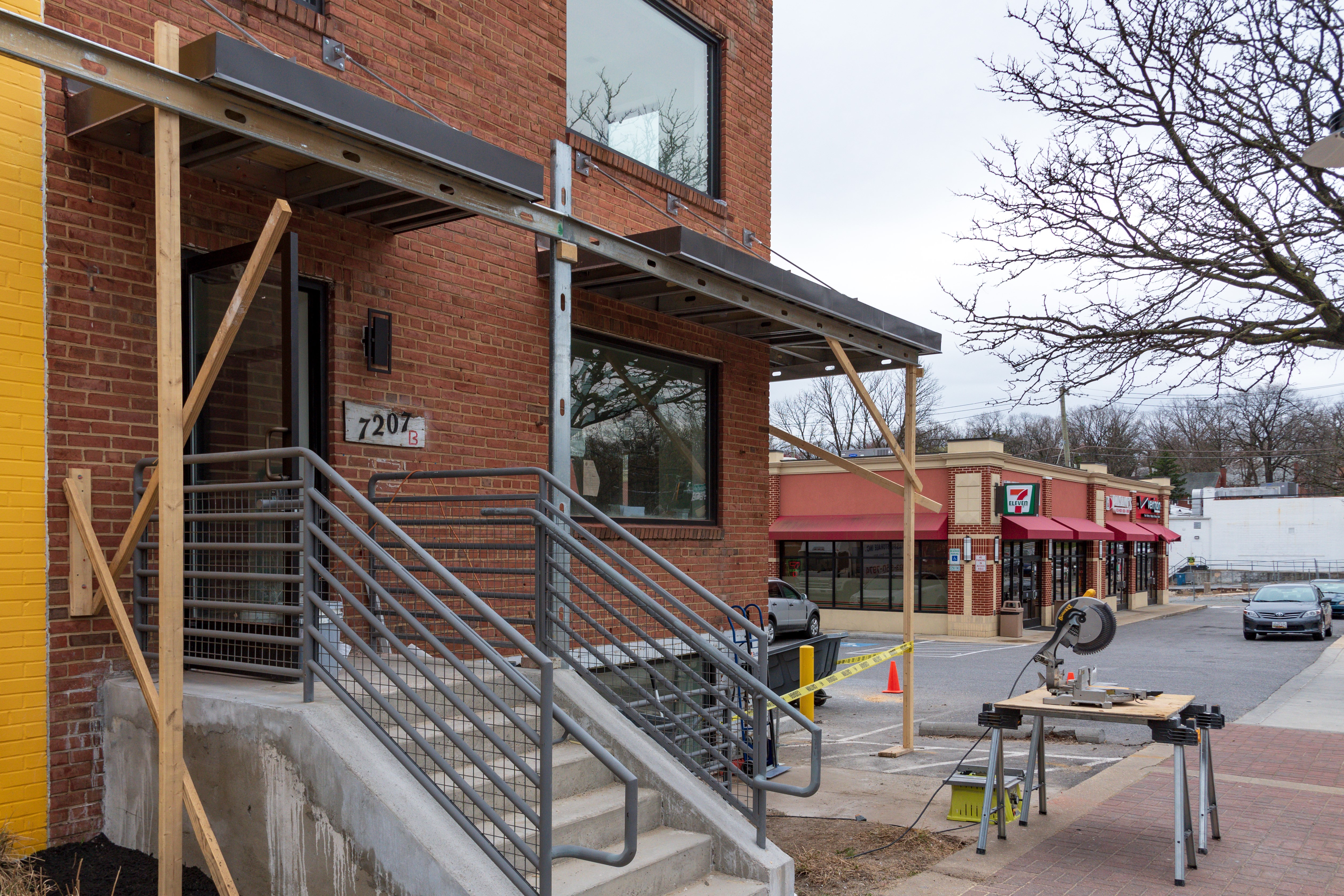By Matthew McDonald
For The Diamondback
After months of delays, a medical outpatient center specializing in substance use and addiction treatment is scheduled to open in College Park next month.
The outpatient center, called The Haven at College Park, is a local branch of the California-based Haven at College, a privately run alcohol and drug treatment services provider that has locations in California, Ohio and Pennsylvania.
The outpatient center will be located on Route 1 just south of the University of Maryland’s campus, next to the ZIPS Dry Cleaners. It will offer an “intensive” medical program, including group and individual therapy, said Sophie Pyne, university account director for the Haven at College Park.
The facility was supposed to open in the fall, but permitting issues caused several delays, said Jenn Schultz, community leader and outreach representative for The Haven at College Park.
The May launch is only tentative, and there is no “hard date,” as the organization continues to apply for permits, said Schultz, a 2018 graduate of this university.
[Read more: With JUUL use climbing, MD lawmakers want to raise the minimum tobacco age]
Once open, the outpatient center will add to the services The Haven already offers to students, including “recovery residences” at the Terrapin Row apartment complex. The Haven partnered with this university’s Division of Student Affairs to open eight substance-free housing units in August. These units offer support services overseen by a licensed clinician.
The outpatient center will accept insurance for all services it offers and is looking to go in-network with insurance carriers that cover the majority of students at this university, including the Student Health Insurance Plan.
It is also important, Pyne said, for the Haven to provide students with “a community of peers” who have had similar experiences with substance use. To that end, the Haven plans substance-free activities and social events where students can relax and have fun without feeling pressured to use any substances.
“They’re really learning to talk about why they’re using substances to cope, or maybe they’re not even making that connection,” she said. “It’s really helping them to better understand their relationship with substances.”
[Read more: UMD will offer more substance-free housing and single dorms next fall]
Since The Haven began planning a new location in College Park two years ago, the organization has established relationships with this university’s recovery community, said Alexander Forde, the president of Terps for Recovery, a student organization that promotes addiction recovery.
Forde said that despite having limited interactions with the broader Haven organization, his impression so far has been positive. He appreciates that The Haven has welcomed other students in recovery besides those living in its residences.
The Haven hosts gatherings every Saturday, which Forde and other Terps for Recovery members often attend, he said, like a recent pumpkin picking trip as well as a venture to The Board and Brew to play board games.
“I get to go and hang out and do these fun things with other people in recovery,” said Forde, a biology doctoral student. “I’ve definitely benefited from it.”
Simply going out and having fun may sound trivial, he said, but drugs and alcohol can often seem omnipresent on college campuses, and people in recovery can each have differing levels of comfort being around the substances.
“[It’s like] that substance is there and it’s irritating me,” Forde said. “I’m not going to necessarily go and pick up a drug or a drink, but it’s something that would be nicer to not have to deal with.”
It can be a relief to participate in activities where substances aren’t prioritized, he added.
From her personal experience, and from other people she’s met, Schultz said people in recovery end up feeling “a lot more whole, in the long run, as a human being.”
“As long as you have that social support and activities to go and do, life can still be fun,” she said.



